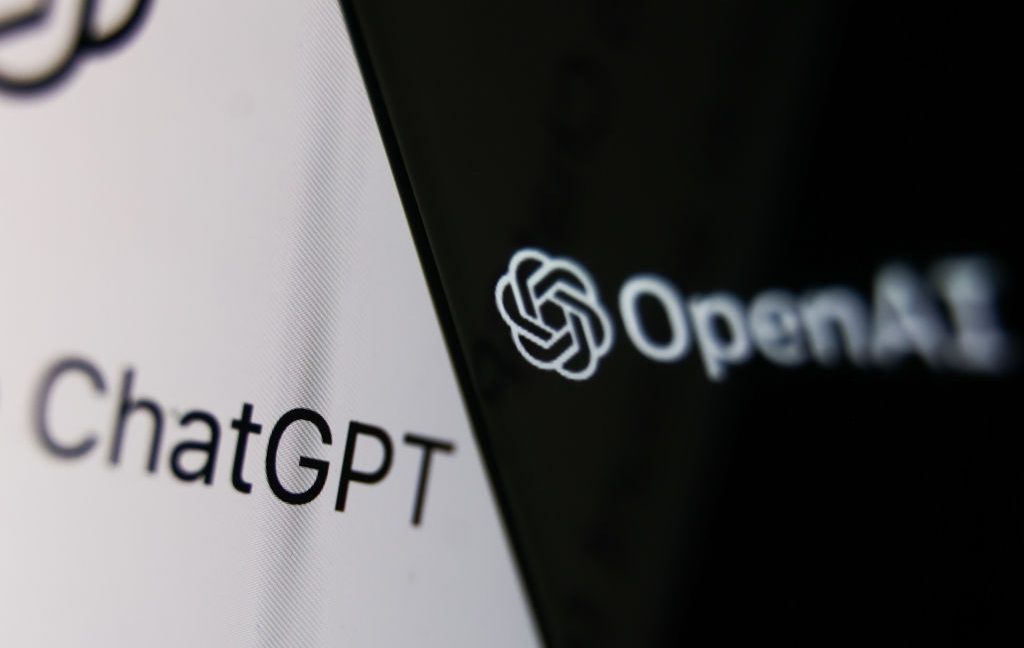Harnessing AI Memory: The Future of AI Agents
.jpg)
As humans rest, their brains engage in the intricate process of sorting through memories—solidifying valuable ones and discarding the unnecessary. Imagine a future where AI operates in a similar manner.
Bilt, a company providing deals for local dining and shopping to renters, is embracing this vision with the launch of millions of AI agents aimed at refining memory systems. Utilizing innovative technology from Letta, these agents are learning from past dialogues and actively deciding which memories to store long-term and what to retain for quick retrieval, a process dubbed as “sleeptime compute.”
Andrew Fitz, an AI engineer at Bilt, explains the system's versatility: "We can update a single memory block, influencing the behavior of hundreds of thousands of agents instantaneously, offering precise control over how information is presented to AI models." This method contrasts sharply with traditional large language models that depend heavily on context windows for memory recall—usually limited and prone to errors like hallucinations when overloaded.
Charles Packer, CEO of Letta, notes the disparity between human and AI memory: while the human brain continually optimizes memory effectively, AI systems tend to amass data without clear integration, eventually crippling their performance. In response, Letta's enhancements from their MemGPT project focus on enabling long-term learning and memory management in AI agents.
Further exploring memory integration, LangChain, co-founded by Harrison Chase, emphasizes memory as a fundamental aspect of context engineering, assisting AI's understanding by feeding the right snippets of information. By offering various memory storage types, LangChain aligns AI recall capabilities closer to human-like efficiency.
Consumer AI experiences are evolving too. OpenAI's February announcement regarding ChatGPT hinted at storing pertinent information for enhanced personalized interactions. This advancement underscores the need for open memory systems, as advocated by Clem Delangue of Hugging Face, emphasizing transparency in AI development.
Letta CEO Packer intriguingly suggests AI should also learn the art of forgetting, a nod to the fictional landscapes of Philip K. Dick’s "Do Androids Dream of Electric Sheep?" While ambitious, the strides in AI memory suggest a pathway toward more sophisticated and reliable AI agents, even if they’re not yet akin to the replicants of science fiction lore.
As AI continues to mature with refined memory systems, the potential for more intuitive and less error-prone agents stands to redefine human-technology interaction.



